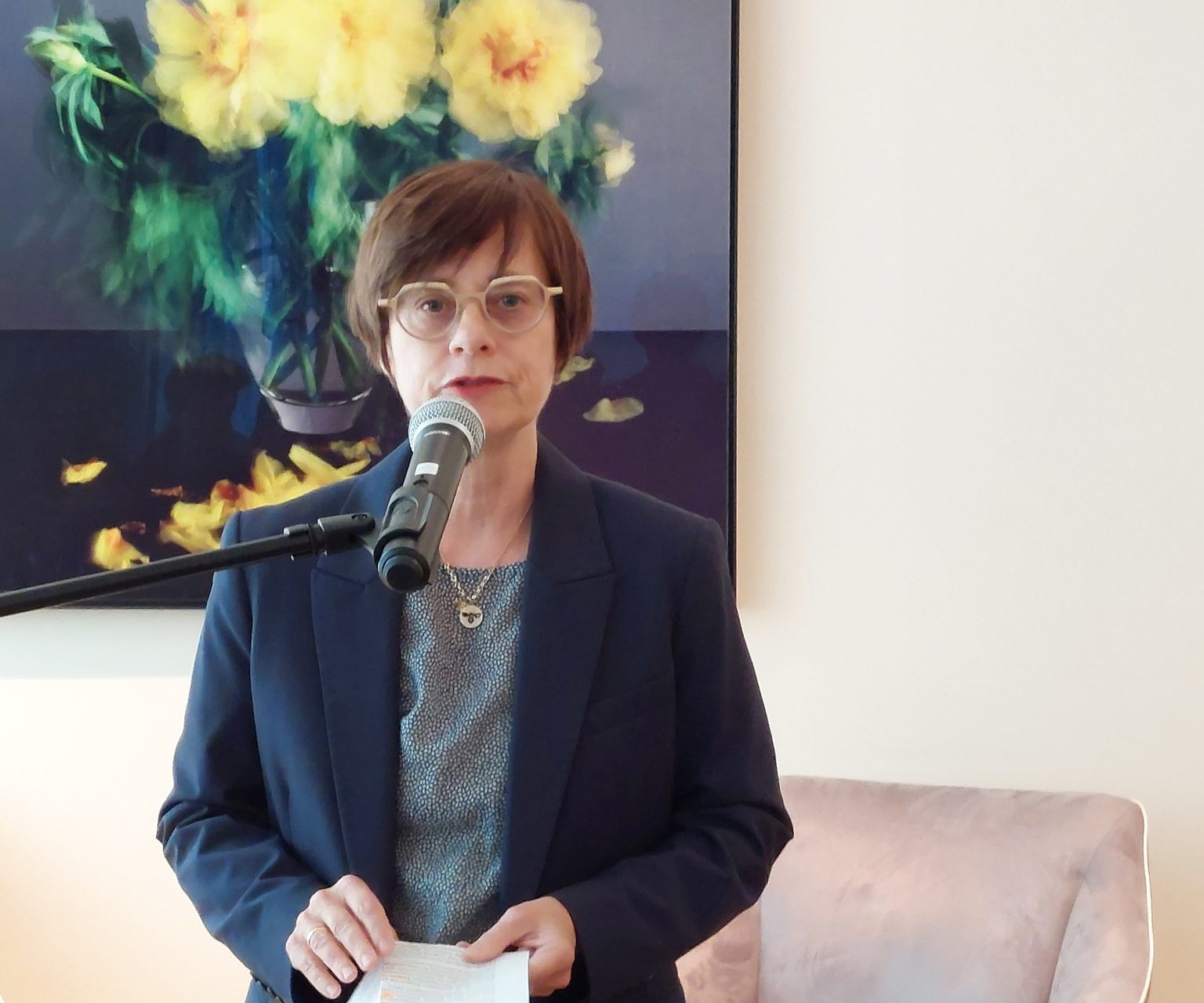
Politico claims that Balázs Orbán had stated that Hungary would not defend itself against Russian military aggression.Continue reading

Foreign Minister Péter Szijjártó has summoned German Ambassador Julia Gross after she openly criticized Hungary’s government in a speech held on Wednesday on the occasion of German Unity Day.
“We expect respect from ambassadors serving in our country in all cases, and the ambassador’s speech is totally unacceptable. The ambassador has been summoned to the Ministry of Foreign Affairs and Trade this afternoon,” the Hungarian Foreign Minister wrote in a Facebook post.
As he pointed out,
Germany’s ambassador to Budapest “seriously interfered in Hungary’s internal affairs in a way that violated the sovereignty of our country.”
On Wednesday evening, the German Embassy in Budapest held its traditional reception on the occasion of German Unity Day, celebrating the reunification of the Federal Republic of Germany (West Germany) with the German Democratic Republic (East Germany) on October 3, 1990. In her opening speech at the reception, Julia Gross, Germany’s Ambassador to Hungary, recalled the important role played by Hungarians in German reunification. However, she spent much more time on an open and unvarnished criticism of her host country’s government, Mandiner reported.
At the moment, we are concerned that the Hungarian government is putting this capital, which is yours, at stake in a political bet with a completely uncertain purpose and an uncertain outcome. This confidence is now increasingly shaken,”
the portal cited Ambassador Gross.
Taking a swipe at Balázs Orbán, the Prime Minister’s Political Director, she noted that “I am not referring to certain statements heard from certain politicians over the past week,” but to “a whole series of unpleasant incidents, theories, actions and provocations that seem to have no other purpose than to cast doubt on Hungary’s trustworthiness.” Mandiner points out that in her speech, she most certainly referred to an interview with the political director in which he drew a misleading parallel between the 1956 Hungarian Revolution and the current war in Ukraine. Balázs Orbán has since admitted that he had phrased his message poorly and clarified it.
The ambassador has reportedly denounced the Prime Minister’s peace mission to coincide with the start of the Hungarian Presidency of the Council of the European Union and “the theatre surrounding Finland and Sweden’s accession to NATO.” As the portal noted, she also assumed that “you Hungarian voters – no matter what your political orientation – are increasingly asking: how does this serve my interests, how does this make life better in Hungary?”
The German diplomat also complained that the government was not represented at the ministerial level, but only at a lower level at the event, coinciding with the several-day government meeting in Geszt, Mandiner pointed out. She reportedly added, “Hungary is and will remain an important partner and ally for us.” In fact, “we are very keen to maintain our friendship and we are very keen to build trust between us.” She noted, however, that
Hungary is on a path that is distancing it from its friends.”
Criticizing Hungary’s change of economic policy, which was necessary in large part because of the persistent weakness of the German economy, reportedly, she also indicated that “Hungary’s real friends are in Europe, and talk of connectivity and neutrality will not change that.” These sentiments were also heard by a number of attending ambassadors from Asian countries involved in the opening-up process, the portal concludes.
Via MTI, Mandiner; Featured image: Facebook/German Embassy Budapest